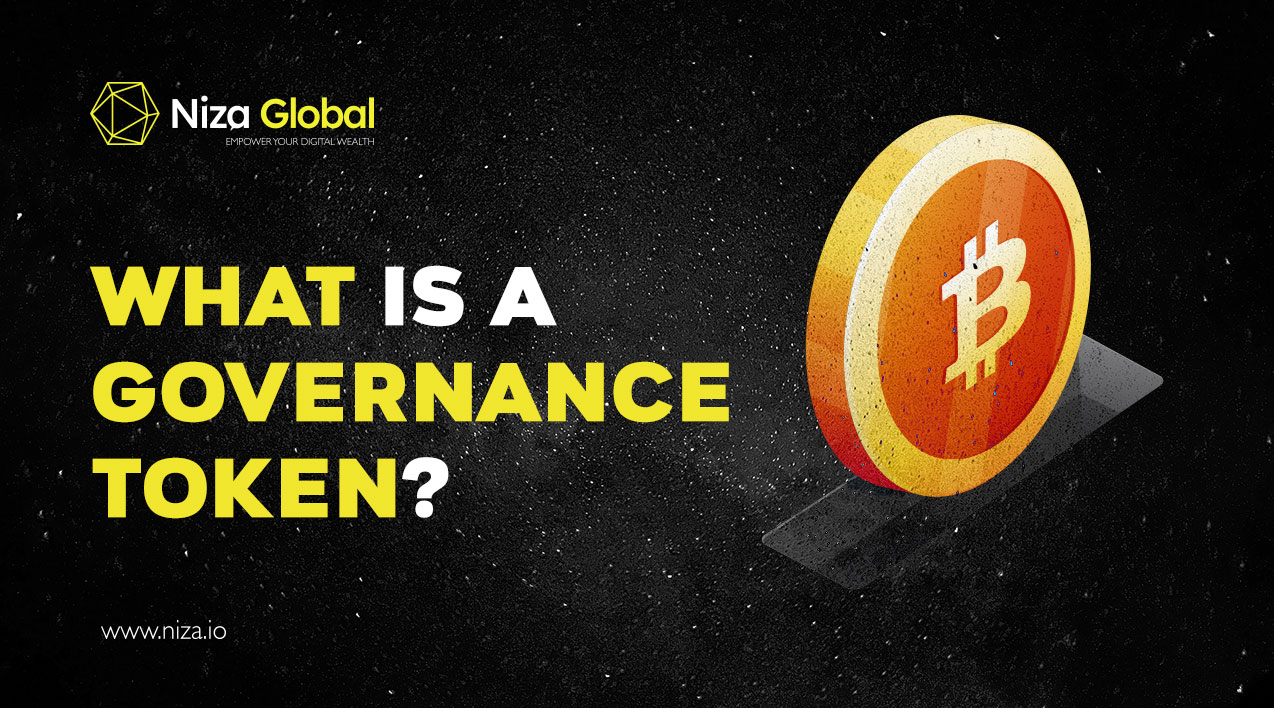Governance tokens are a type of cryptocurrency that enables holders to take part in on-chain governance for a crypto project. These tokens are used to vote on proposals, make decisions, and influence the future direction of a project. Governance tokens play a vital role in decentralized autonomous organizations (DAOs), empowering decentralized decision-making.
Understanding Governance Tokens
Governance tokens are cryptocurrencies that allow holders to engage in the decision-making process of a blockchain project. They are commonly used in decentralized finance (DeFi) projects and decentralized autonomous organizations (DAOs). The primary function of governance tokens is to decentralize decision-making and offer holders a voice in how the project is managed.
Typically, each governance token a person owns corresponds to one vote on upcoming proposals. However, other voting methods may apply. Token holders can use their tokens to accept or reject changes to a decentralized application (dApp) or blockchain during scheduled voting periods. Many dApps also allow token holders to create initiatives and submit them for voting.
The Role of Governance Tokens in Blockchain Governance
Blockchain governance refers to the processes and protocols used to reach agreements and implement changes in a crypto project. Governance tokens were created to facilitate this decision-making process. They are employed in both on-chain and off-chain governance. On-chain governance takes place directly on the project’s blockchain, such as voting on proposals using governance tokens, while off-chain governance involves informal or formal discussions that are not recorded on the blockchain.
Uses of Governance Tokens
The primary feature that distinguishes governance tokens from other cryptocurrencies is their voting rights. Token holders can vote on various proposals, such as determining the allocation of a crypto project’s treasury, upgrading a dApp’s user interface (UI/UX), adjusting compensation rates on crypto lending platforms, or modifying crypto rewards for liquidity providers (LPs).
In addition to governance, governance tokens have other use cases in DeFi, such as native staking on a dApp, contributing to a liquidity pool on a decentralized platform, and trading in the cryptocurrency market.
How Governance Tokens Work
When a DeFi project plans to release governance tokens, they will issue them on a smart contract blockchain. Each dApp has a unique token issuance policy, which is typically listed online and in a whitepaper. DeFi protocols often reserve some governance tokens as rewards for community members. Those who contribute crypto to a dApp’s liquidity pools often receive governance tokens as a reward for their participation.
To vote with these tokens, DeFi platforms usually offer a governance portal where active and pending proposals can be viewed. Users connect their crypto wallets and submit the number of tokens they wish to use for voting. The more tokens a person contributes to a proposal’s smart contract, the greater their influence over the final decision.
Governance Tokens vs. Utility Tokens
While utility tokens and governance tokens share many similarities, the key distinction between them is voting power. For a token to be considered a governance token, it must grant holders the ability to vote. Utility tokens, on the other hand, may have various use cases within a blockchain, including voting, but they don’t necessarily confer governance rights. Therefore, every governance token is a utility token, but not every utility token is a governance token.


